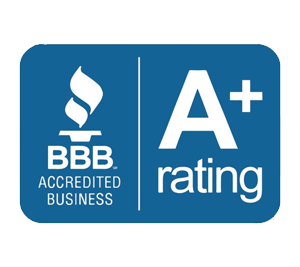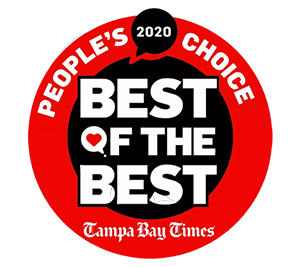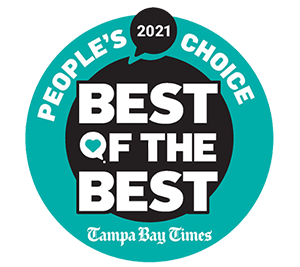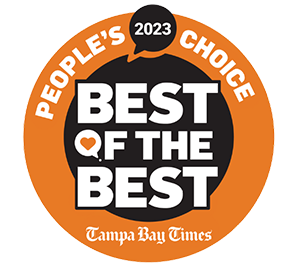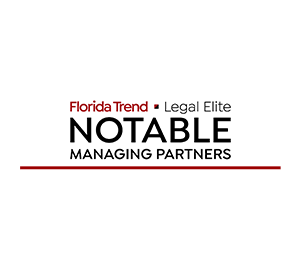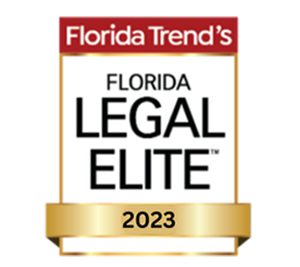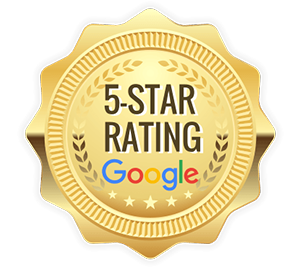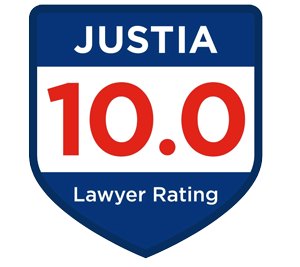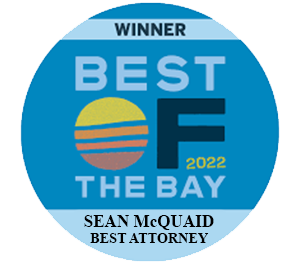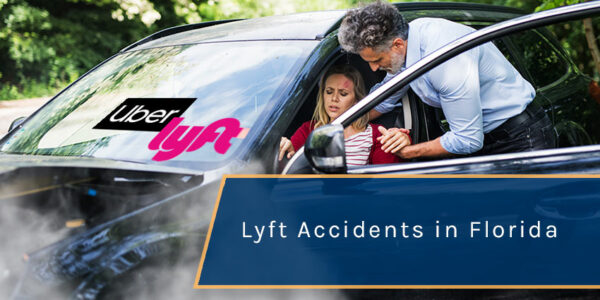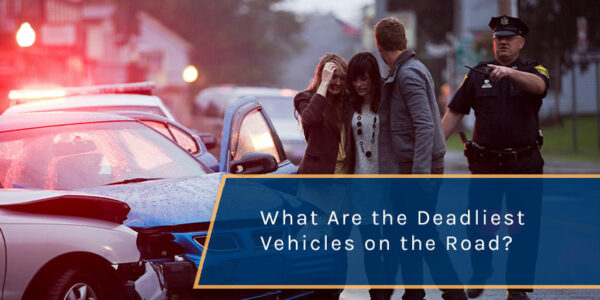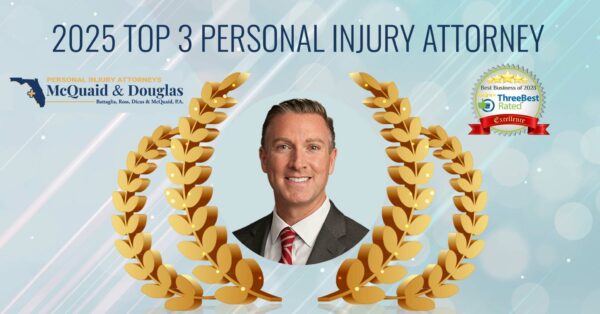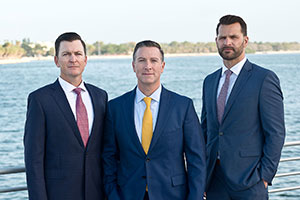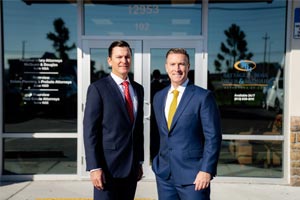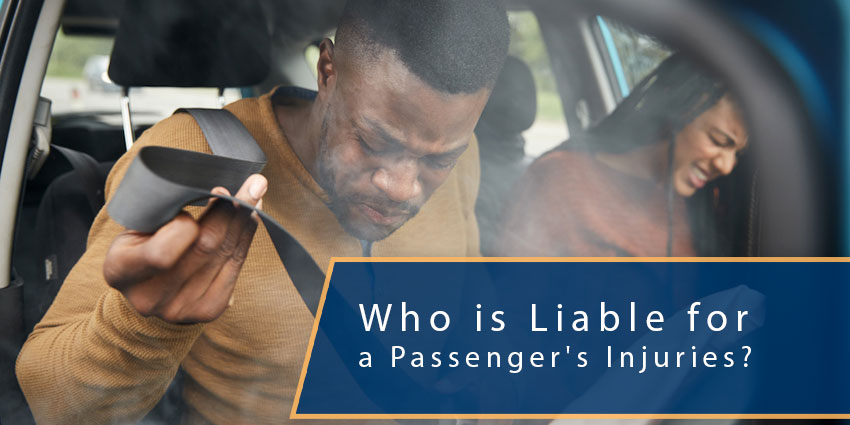
Accidents happen every day, causing property damage and physical damage, sometimes resulting in substantial auto insurance claims. If you were a passenger in an auto accident, you may be wondering who is liable to pay for your medical expenses, lost wages, and any other damages.
If you own a vehicle in Florida you probably already know that Florida has a “no-fault” car insurance system that requires any driver involved in an accident must first file a claim with their insurance company under their personal injury protection policy to receive compensation for damages, including medical bills, lost income, and other financial losses – regardless of fault or liability.
All drivers of motor vehicles in Florida are required to carry a minimum of $10,000 in personal injury protection (PIP) coverage, and a minimum of $10,000 in property damage liability (PDL) coverage. PIP insurance is the primary source of insurance coverage regardless of who was at fault for the accident. PIP will pay the medical bills and lost wages of anyone covered under the policy, up to the policy limits. As a passenger in the vehicle, if you have car insurance your PIP will apply. If you don’t own a car and don’t live with a relative who owns a car, then the driver’s PIP coverage will cover you. PIP insurance covers damages suffered by:
- The policyholder/insured
- Any relatives who live with the policyholder/insured
- Any person driving the policyholder/insured’s vehicle
- Passengers in the policyholder/insured’s car
- Any pedestrian hit by the policyholder/insured’s car
As mentioned above, PIP coverage protects the policyholder while he or she is a passenger in someone else’s vehicle, and as a pedestrian or bicyclist if struck by a motor vehicle. However, PIP insurance does not provide compensation for “pain and suffering” or other non-monetary damages resulting from a car accident.
To file a third-party insurance claim or lawsuit against the driver who caused the accident, and seek compensation for “pain and suffering” and other non-economic losses, your injuries must qualify as “serious” as defined by state law. In order to meet the standard of “serious injury” at least one of the following must have occurred as a result of the accident:
- significant and permanent loss of an important bodily function
- permanent injury, within a reasonable degree of medical probability
- significant and permanent scarring or disfigurement, or
- death.
If your injuries meet this definition, you are not limited to making a PIP claim under your own policy. You can hold the at-fault driver responsible for the accident and seek to recover compensation.
If you file a personal injury claim against the negligent driver, it will follow a process much like any other car accident case. Although you should be aware that most insurance policies have a maximum liability coverage cap “per person” and “per accident.” When multiple people in the vehicle are injured, the amount of the policy limits will be shared between all injured parties. This will affect the amount of compensation you can recover from that insurance company.
Let’s say you own your own car, and, it is, of course, properly insured, with PIP coverage that has a $25,000 policy limit. You are a passenger in a friend’s vehicle and injured in an accident. Your friend also has a $25,000 policy limit for PIP. You may be able to receive compensation from your insurance policy and from your friend’s policy, up to $50,000 – if you are the only person in the vehicle injured. If there were several passengers involved in the accident, then the money you could receive would also be reduced. If everyone suffered injuries and lost days at work, everyone is still bound by the negligent person’s insurance policy limits, so the amount you could collect would be reduced
Can the Passenger Be Held Liable for an Accident?
Unlike drivers involved in a car accident, passengers are rarely found to be at fault or liable for an auto accident. However, there are exceptions, depending on the passenger’s actions. Specific circumstances when a passenger might be held liable for all or part of the damages resulting from an auto accident include:
Operating the vehicle as a passenger: If the passenger grabs or holds the steering wheel, controls the gear shift or brakes, or any other mechanical equipment that impacts the operation of the vehicle, regardless of the reason, they are automatically perceived as the driver and can therefore be held liable.
Encouraging or Enabling the Driver: If a passenger encouraged the driver to drive when they were unfit to do so, they can be held liable, in full or in part, for damages resulting from the car accident. For example, if the passenger encouraged the driver to go to the liquor store to buy more alcohol, knowing the driver had already been drinking. If the passenger agreed to the driver driving home while intoxicated, they could then be found to be complicit in causing the accident.
Incapacitating the driver: If a passenger interfered with the driver’s ability to operate the vehicle, such as covering their eyes or distracting them verbally or physically, they have incapacitated the driver.
Riding With an Incapable Driver
If a passenger gets into a car with someone who is incapable of driving, they are not able to receive compensation for their injuries. By getting into the car, the passenger consented to ride with that driver.
The following scenarios are examples of when a person is considered to be incapable to drive:
- A person suffering from a medical condition, including mental impairment
- A person with a physical condition such as seizures
- A person driving while intoxicated or under the influence of other drugs
- A person driving while drowsy
- A person driving recklessly
McQuaid & Douglas Can Help You Today!
Passengers injured during a car accident often struggle with feelings of helplessness after the accident. Not being in control of the vehicle or able to do anything to stop or minimize the accident can be frustrating and scary. But you can take action to regain the sense of control of the situation by hiring a knowledgeable, trustworthy attorney who will fight to protect your rights and help you get the compensation you deserve.
For over 60 years our firm has been successfully helping people who have been injured due to someone else’s carelessness. We have been nationally ranked for decades by US News and World Reports as a Tier 1 law firm, which is the highest rank that can be received. Sean McQuaid and Jonathon Douglas have dedicated their careers to continuing the firm’s legacy of superior legal representation.
Remember that we never charge a fee unless we win. Call us today so that we may answer your questions, help you navigate the complexities of insurance claims, and recover the compensation that you deserve.
We work hard to make sure each and every client gets the attention that they deserve. We appreciate feedback from our clients and reviews are validation of our work. Every 5-star review that we receive lets us know that our services were appreciated by our clients.




